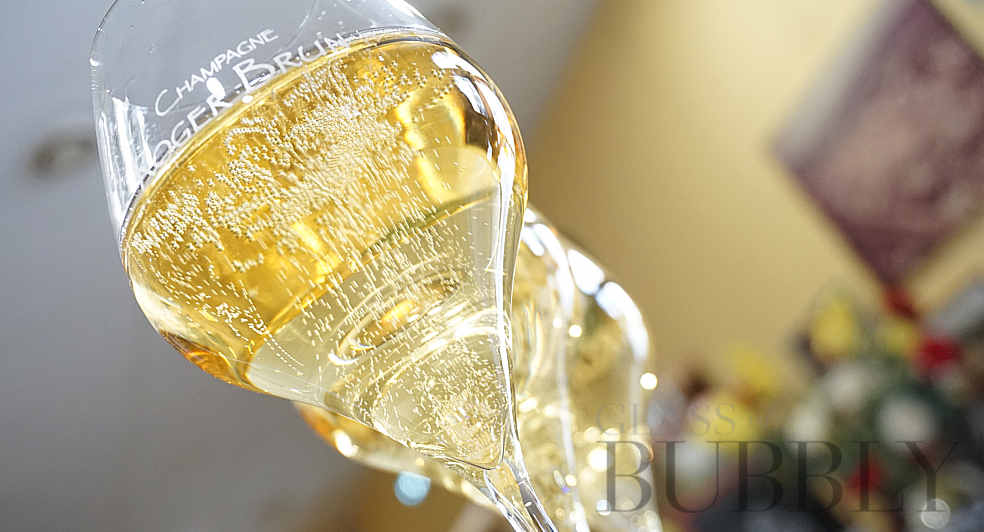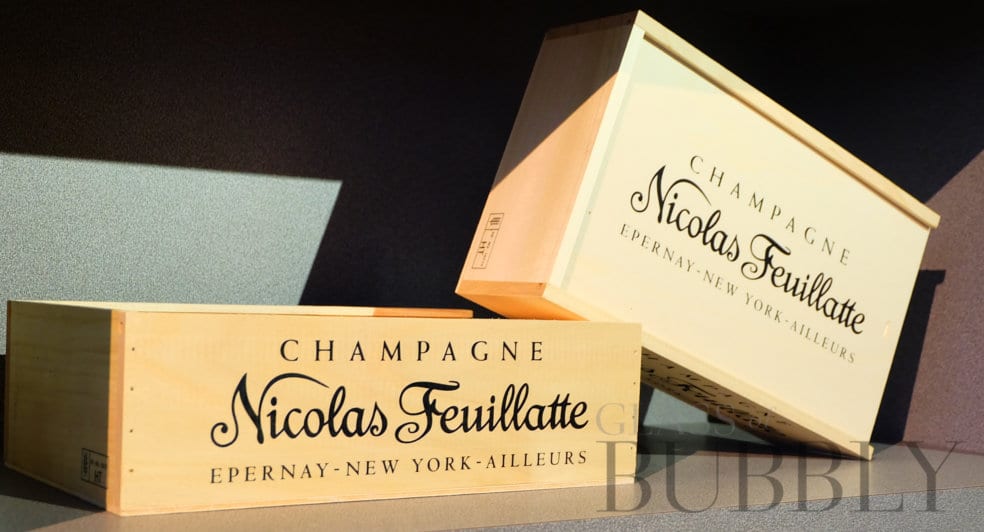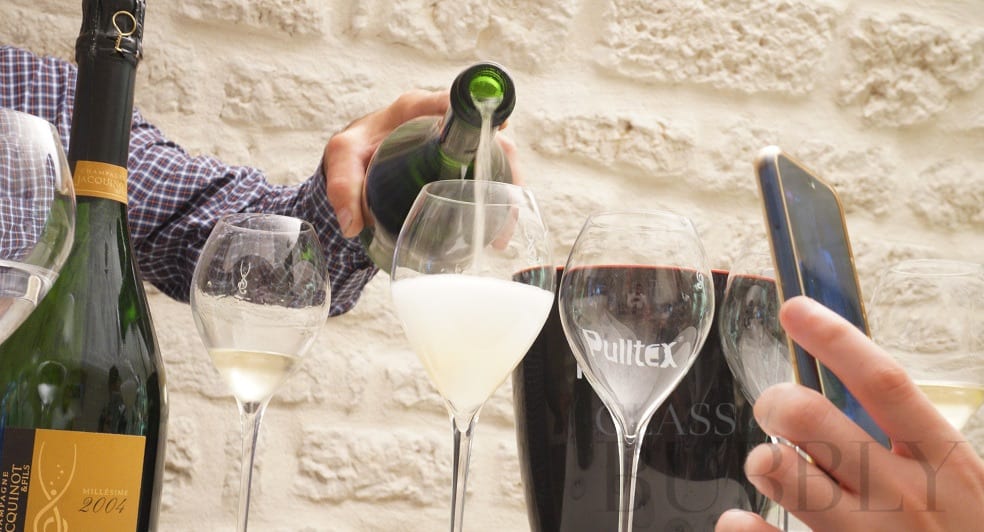Champagne News
Chassenay d’Arce Champagne
Chassenay d’Arce is a remarkable and unique Champagne lovingly produced in the slightly warmer climate of the Côte des Bar located in the very South of the Champagne region. The founding vinegrowers from a village known as Ville Sur Arce chose to cooperate back in 1956 to create this “Maison de Vignerons”, the gathering point…
Piper-Heidsieck launches BLACK TIE bottle
To mark the 67th year of the Cannes Film Festival, the Grande Maison Champagne House will launch an exclusive limited edition Cannes version of the Piper-Heidsieck Brut NV. The classic red and gold Piper-Heidsieck bottle has been given a dazzling movie premiere makeover, styled with the iconic black tie and jacket with crimson-red tailoring and…
BRIMONCOURT : BIRTH OF A CHAMPAGNE HOUSE
A champagne house is born! In September 2013, Brimoncourt makes its debut in the big league with its first cuvée, « Brut Régence », after four years of preparation. Alexandre Cornot and Arnaud Dupuis-Testenoire brought together their passion for wine, their love for the Champagne region, their entrepreneurial spirit and the pinch of madness needed…
Nicolas Feuillatte Brut Champagnes
Nicolas Feuillatte Brut Champagnes spend 2 to 3 years in the cellars. A range of different crus make up the blend. Brut Pale yellow in colour with turquoise tinges, and a ribbon of fine and delicate bubbles. A fine mousse forms a harmonious sweeping string of bubbles. Intense floral and white fruit aromas, developing notes of honeysuckle, pear and sweet citrus fruits….
David Henault, Chief Winemaker at the CV-CNF
David Henault became Chief Winemaker at the Centre Vinicole – Champagne Nicolas Feuillatte in 2011. He took over the role from Jean-Pierre Vincent, having worked at his side for seven years. A worthy heir to this role, he will ensure the consistency of blending and promote the range of Nicolas Feuillatte Champagnes throughout the world. Extremely…
CV-CNF unites 82 cooperatives in Champagne
The CV-CNF is the largest cooperative union in Champagne. The cooperative status of the Centre Vinicole – Champagne Nicolas Feuillatte has the unique advantage of the wealth and diversity of its fruit supply, guaranteed by grape growers with a unique savoir-faire. Their unrivalled position allows the brand access to more than 2,250 hectares of this…
Nicolas Feuillatte
Nicolas Feuillatte is an exceptional man in every respect. With his innate entrepreneurial spirit, throughout his career he has perfected the art of transforming his ideas into pure genius. Having made his fortune in the United States, he decided to create a Champagne that would reflect his own personality. The Champagne he created was elegant…
Selection of Champagne Jacquinot et Fils
Champagne Jacquinot & Fils craft excellent Champagne from their select 42 acre domaine. Our non-Vintage wines remain in the cellar for a minimum of 24 months, our Vintage Rosé Symphonie 4 years, our Vintage White Symphonie 10 years and our special bottle Harmonie 14 years. Private Cuvée This Cuvee is the signature wine of Champagne Jacquinot…
Champagne Jacquinot & Fils
Champagne Jacquinot et Fils has been producing wines for over 80 years and additionally provides grapes to Moët & Chandon from their vineyards in the Côte des Bar. The estate dates back to the French revolution and we have some photographs of the harvest in 1896. Pierre Jacquinot developed the family vineyard just after first…








